| Class: | ferns |
| Order: | Equisetales |
| Family: | Equisetaceae |
| Genus: | Equisetum |
| Scientific name: | Equisetum pratense L. |
| Name acc. to: | Gubanov 1996 |
| Herbar: | list records   |
| Description: | Terrestrial plant. Stems annual, 10-50 cm high, in upper part ribs densely covered by spinules. Branches horizontally spreading. Fertile shoots producing green shoots. Sporiferous spikes oblong, acute. |
| Confuse with: | E. arvense |
| Tax. Comments: | E. pratense is often confused with E. arvense, especially in nutrient-poor habitats. One of features to differentiate both is: the first branch segment of upper branches is shorter than or equal to the stem sheath in E. pratense, but longer in E. arvense. |
| open map in a new window | 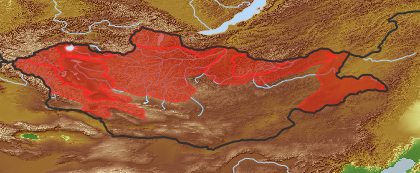 |
| Habitat: | Light forests, birch-aspen kolki, forest fringes, river banks and lake coasts, uremas and shrubberies (Grubov 2001). |
| Habit (i)general appearance of a plant | |
| Growth form: (i)Herb, shrub, tree or climber. | annual (i)Completing its life cycle within one year or one growing season; roots weak and thin
herb (i)Herbaceous, erect plant, up to 2m high, mostly with a leafy shoot; if perennial, shoots die to the ground each season, shoots are not woody
example: Artemisia pectinata 
|
| Flower (i)reproductive portion of the plant, consisting of sepals, petals, stamens, and pistils | |
| Ovary position: (i)For entirely or partly fused carpels, describe their position in relation to the insertion point of perianth leaves (best done by doing a longitudinal section of a flower). | absent (i)Without ovary: male flowers  inherited by order Equisetales: absent inherited by order Equisetales: absent
|
| Root / shoot below ground (i)plant part below ground (in most cases), including below ground shoots, without leaves | |
| Root type: (i)Organisation of the roots. | homorhizous (i)Many equal roots
example: Monocotyledonae  inherited by vasc. plants: homorhizous inherited by vasc. plants: homorhizous
|
| Distribution (i)region where the plant is likely to be found | |
| Distribution (Veg. Zones): (i)acc. to Grubov 1952 | Khubsgul (i)In distribution data often named as '1' 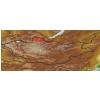
Khentei (i)In distribution data often named as '2' 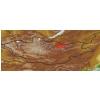
Khangai (i)In distribution data often named as '3' 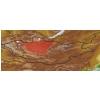
Mongol-Daurian (i)In distribution data often named as '4' 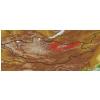
Great Khingan (i)In distribution data often named as '5' 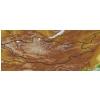
Khobdo (i)In distribution data often named as '6' 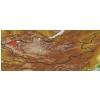
Mongolian Altai (i)In distribution data often named as '7' 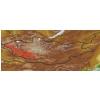
East Mongolia (i)In distribution data often named as '9' 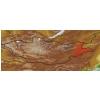
Depression of Great Lakes (i)In distribution data often named as '10' 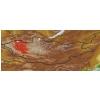
acc. to: Gubanov 1996 |
| Distribution Khangay: (i)acc. Flora Khangaya 1989 | I
III
IV
V
|